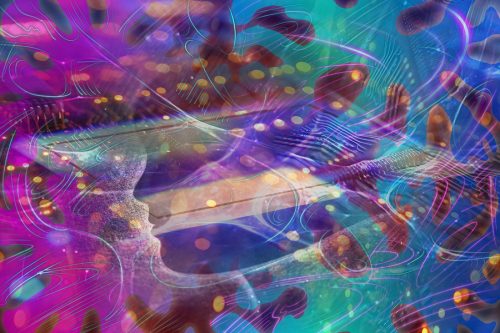The New York Times reported that an AI system known as Aristo had become the first to successfully pass a standardized eighth-grade science test. The achievement arrived four years after a competition in which 700-plus scientists all failed to build a system capable of accomplishing the same task despite the incentive of the contest’s $80,000 prize.
Aristo has been viewed as a significant breakthrough in the evolution of AI technology, with far-reaching implications for natural language processing, business intelligence and more. The system provides a vivid illustration of the differences between human and artificial intelligence. It shows why the most effective AI systems still incorporate help from human experts — a fact that has big implications for AI in business and other applications.
The Aristo system represents a major step toward imbuing AI with what one Wired article refers to as “common sense,” the expansive and unconscious background knowledge that we apply when navigating new situations or engaging in conversation. AI development has previously relied on a statistical, data-driven approach that enables AI to understand the world via the analysis of massive datasets. However, this approach has failed to give AI the broad, flexible reasoning capabilities that allow humans to handle unanticipated or open-ended questions.
This has important ramifications for the relationship between humans and AI in the business world. Computers will always be superior when it comes to searching through millions of lines of text or calculating probabilities based on vast datasets. However, for now, only humans can engage in the sort of parallel thinking that enables us to process and synthesize multiple streams of information, and only humans can exhibit qualities like intuition, empathy and creativity.
This means that the most effective AI solutions are those that bring human and artificial intelligence together, leveraging the analytical power of AI while also tapping human common sense and expertise in complex situations. When evaluating AI solutions, it’s important to look for those that incorporate human supervision. Otherwise, you might be entrusting an important task to a system that’s hardly smarter than an eighth grader.
The original article can be found here.
In support of positive AI development for human centric in the society, the Michael Dukakis Institute for Leadership and Innovation (MDI) and Boston Global Forum (BGF) established the Artificial Intelligence World Society (AIWS.net) in 2018. According to AIWS.net, AI can be an important tool for helping people achieve well-being and happiness, relieve them of resource constraints and arbitrary/inflexible rules and processes. In this effort, Michael Dukakis Institute for Leadership and Innovation (MDI) invites participation and collaboration with think tanks, universities, non-profits, firms, and other entities that share its commitment to the constructive and development of full-scale AI for world society.










